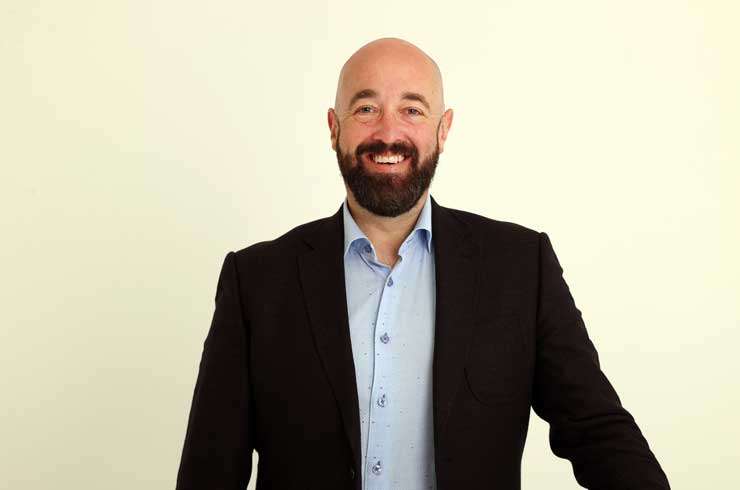COMMENT: There has been a lot of noise about the CCCFA, mortgage affordability, and monthly expenses. Often the difference between being in control of your finances and letting them control you is simply how you manage your money; the psychological tricks you can use to make it easier to save and harder to spend.
Here are two money strategies I wish I saw being used more often.
1. Split your KiwiSaver savings.
Once you have purchased your first home, any future KiwiSaver payments are locked in until you are 65 years old. For some people, who are tempted by impulsive luxury purchases, this is a good thing. It stops the temptation to spend your retirement savings on things you may not need.
Start your property search
But, diligent savers can sometimes be hesitant to put more than the minimum contribution into KiwiSaver. Even though putting away additional money can pay huge dividends in retirement years, it’s difficult to access that money before then. If they, say, lose their job or need to make sudden repairs to their home, the additional funds they’ve put into KiwiSaver are of no use as a buffer.
There are, however, managed funds accounts that mimic KiwiSaver in almost every way except for being locked in. In other words, they have all the same investments (shares, bonds, etc) as your KiwiSaver but you are able to get your money out, often after as little as 7 days. A good strategy is, therefore, to put 3% (or whatever your employer will match your contributions up to) into your locked-in KiwiSaver and your additional payments (for example; an additional 7%) into these unlocked managed funds accounts.

Mortgage broker Rupert Gough: "Overpaying your mortgage is a great way to save money." Photo / Fiona Goodall
An added benefit of having some of your savings unlocked (rather than in KiwiSaver) is, if you think it’s appropriate, you can use them as a deposit for a rental property. KiwiSaver can’t be withdrawn for the purchase of investment properties but unlocked managed funds can be.
Note: even though there is a stand-down period to withdraw your funds, those who are very easily tempted to pull the unlocked money out to spend on depreciating assets like cars or big-screen TVs, etc should avoid this strategy.
2. Separate your transactional and mortgage banks
Overpaying your mortgage is a great way to save money. As little as an extra $100 per month can reduce your mortgage by a number of years while saving you tens of thousands of dollars in interest.
When you have a mortgage, the banks tend to like you to do your transactional banking with them too. However, constantly seeing what you have available on your mortgage - in other words, how much you’ve overpaid - can be a temptation to spend that money. For example, you log in to your online banking to check your salary has gone in tonight and see that you’ve overpaid the mortgage by $20k over the past year. Suddenly an ad for a local car dealer pops up on your TV for about that price. That car starts to look a little tempting knowing that you’ve got the money just sitting there ready to go.
A good strategy is to keep your day-to-day transactional banking at an entirely different bank. Setup your mortgage payments to go out by automatic payment but, unless you can absolutely help it, don’t log into the mortgage accounts. In other words, keep your available funds on your mortgage out of sight and out of mind.
A particularly dangerous time for this is when you’re coming to renew a fixed-term interest rate. You might have two years of additional payments sitting there on your mortgage account. Spending those additional savings on unnecessary items puts you right back to where you started so put refix reminders in your diary, so you don’t have to see how much you’ve got available.
- Rupert Gough is the founder and CEO of Mortgage Lab and author of The Successful First Home Buyer.













































































